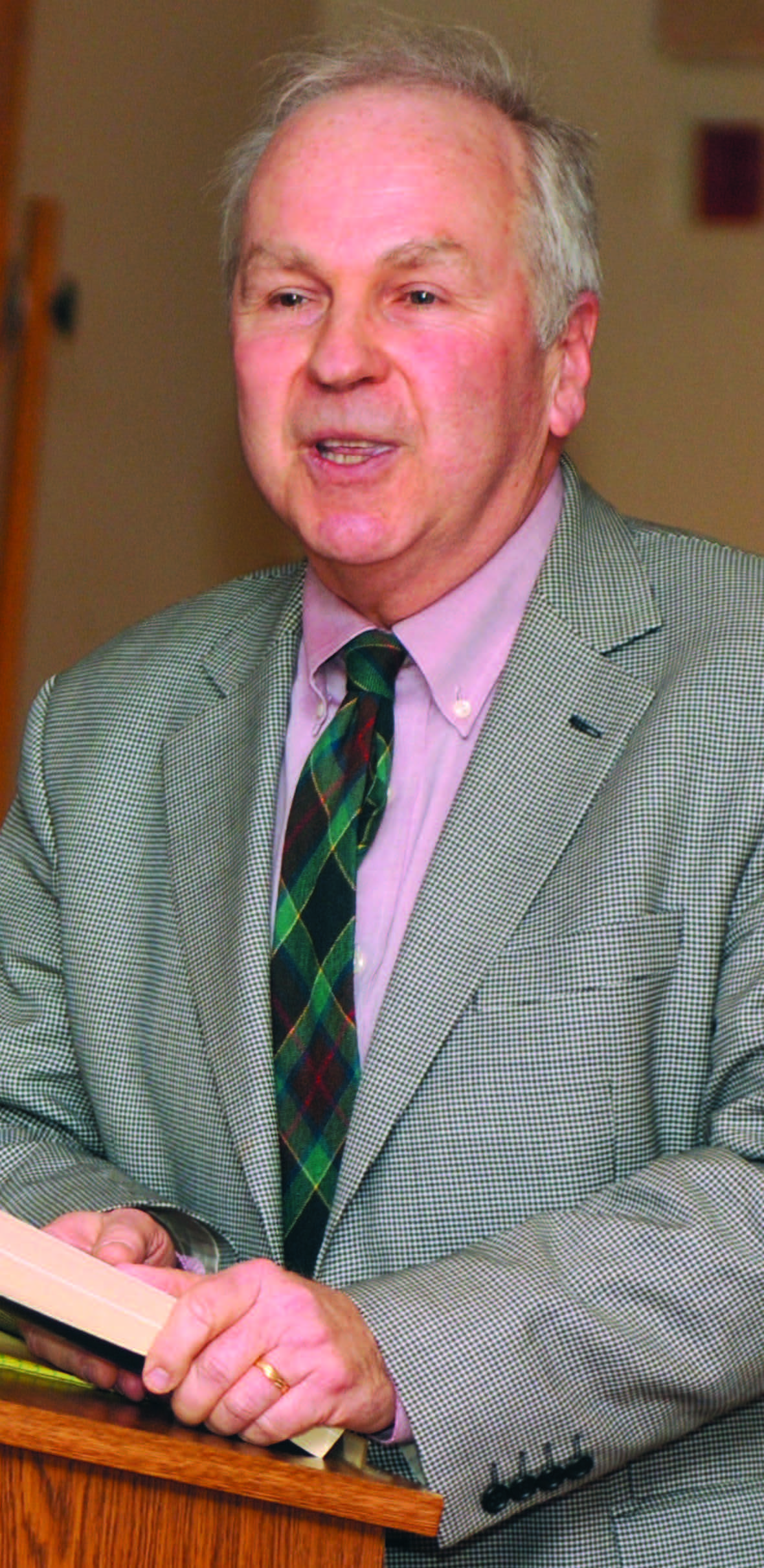
 Professor John Kenneth White has been teaching politics at Catholic University since 1988. “Just when it seems that we have a clear view of the political landscape,” he has written (in his most recent book, What Happened to the Republican Party?), “a fog descends and we are amazed by what we see when it lifts.”
Professor John Kenneth White has been teaching politics at Catholic University since 1988. “Just when it seems that we have a clear view of the political landscape,” he has written (in his most recent book, What Happened to the Republican Party?), “a fog descends and we are amazed by what we see when it lifts.”
You teach a popular course on the presidential election. What do you most want students to take from it?
My course is not a partisan course. I’m not interested in how students are going to vote. What I want them to learn is how to become sophisticated political analysts. I bring in people from the polling world, the campaign world, to talk with them about how all of this works. I want students to be able to give an interview to a newspaper or appear on cable news.
How would you characterize your students at Catholic University?
In the last couple of years, there has been a shift, and we’re seeing more Democrats. Part of that is attributable to Trump, for sure. Young people today have never known a period of governmental success, where government really succeeded at something. I can remember putting a man on the moon. Students today are going from 9/11 to the Great Recession of 2008 to the pandemic crisis we now face. Not knowing success both energizes and makes one pull away from politics at the same time.
Which movie or TV show is most revealing about American politics?
Instead of thinking about what really portrays the reality of the presidency, I’m more interested in what is popular. It’s interesting because the popular culture reflects our moment. During the Reagan era, for example, TV shows like Cosby and Family Ties really reflected that political period of the 1980s so well. Lately, we’ve seen a resurgence in popularity of The West Wing. I think this reflects a desire for competence and leadership.
What’s your reaction to a recent Harris Poll finding that roughly ⅓ of those surveyed believe that government works for everyone?
We have been in a period of enormous public disillusionment with government, and a lot of that stems back to the Vietnam War and Watergate. But it was there in 2008, accentuated by the Great Recession, and it was certainly present in 2016, when you see the rise, on both the right and left, of populism. I think that we are a very unhappy country. Since Ronald Reagan, we’ve had a consensus that government is the problem, not the solution. That way of thinking may be over. We want government and need it, and we need confidence in government. The idea that we should leave things to business and to individuals, because big government is doing too much and it taxes too much — I think that has gone.
What’s the most urgently needed political reform in our country?
The proliferation of money, thanks to the Supreme Court decision in Citizens United, has opened the floodgates in our politics. In the past, Congress and the courts saw money as something that could and should be regulated. Now we have enormous amounts of money leading to a complete distortion of our politics.
— G.V.